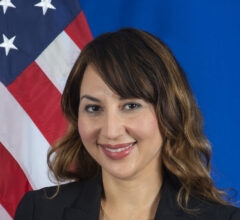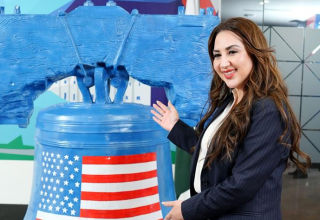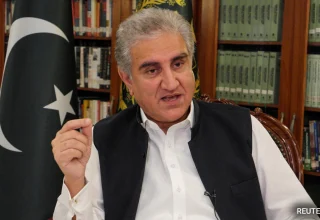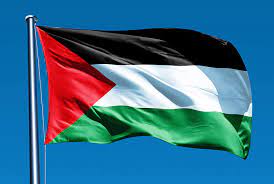Pakistan is a country that is known for all the wrong reasons…..that WERE right to a great degree, not so any longer! But then Pakistan is also a paradox by itself, with a burgeoning, happening, educated populace with nowhere to deploy their talent, especially in geological and geographical lines of work that entail exploration and mining.
This country, that broke away from India in 1947, consists of Punjab, Khyber Pakhtunkhwa (or KP for short), Sindh and Balochistan provinces, a federal capital territory and (as the world sees them) two administrative territories of Azad Jammu and Kashmir and Gilgit-Baltistan.
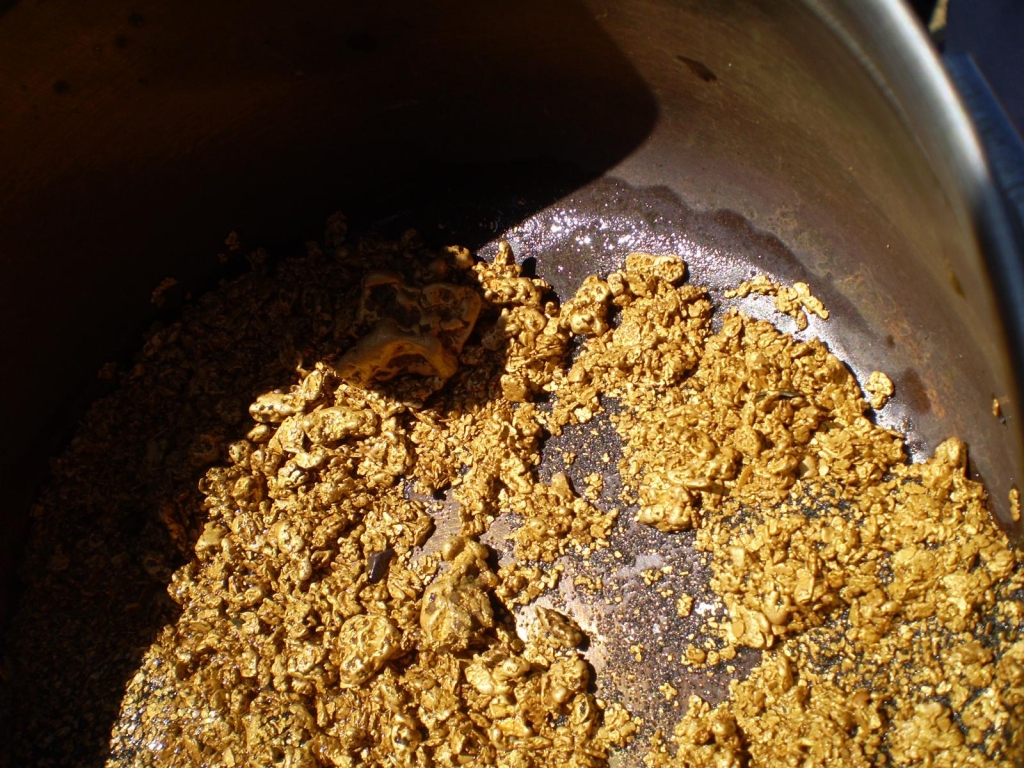
Blessed with four seasons too, varied climates and a kaleidoscope of beautiful, breathtaking scenery and topography, much of it is virgin opportunity in exploratory and economic terms, just waiting for the right prospectors to prise the wealth the land has to offer for monetary gain and profit for the people.
Though business is ruthless, savvy businesses will have the acumen to draw the best not only to their advantage, but to that of the local stakeholders as well.
As I digress, it is not without reason. Although the current Pakistani government means business, quite literally, never have we quite seen substantial (both quantitative and qualitative) progress in exploration and mining of natural resources that could benefit Pakistan’s troubled economy.
But where in Pakistan exactly does one begin to do that? In the largest, most mineral and ore-rich province; Balochistan!
That is 347, 190 square kilometers, a major part of which is rich in minerals, gemstones and precious metals, particularly the Reko Diq area in the Chagai district of Balochistan!
This is not to say Balochistan has escaped every prospector’s attention; The Saindak and Reko Diq projects spelt prosperity and profit for all concerned till a legal case between the Government of Pakistan and the Tethyan Copper Company (TCC) over breach of the Australia–Pakistan Bilateral Investment Treaty (BIT) and denial of mining rights to TCC at the Reko Diq Mine in Balochistan’s Chagai District. That snag was navigated out of in 2022, when Pakistan’s Supreme Court ruled the deal legal and gave the project the green signal.
This fillip to the Reko Diq prospecting, exploration and mining have rekindled the hope for appropriate expertise to be involved once again, especially individuals and experts who were involved with the Reko Diq project from the word go.
Douglas R. Cook | Pioneering the discovery of Reko Diq Mine: In fact, the individual who discovered the Reko Diq wealth in the first place in collaboration with the Geological Survey of Pakistan would obviously be the appropriate choice to generate traction with exploration and mining in this Chagai region once again, if benefit is to be derived from such a venture.
Cursory research revealed that no less than eminent geologist Douglas R. Cook indeed made the discovery of the Reko Diq mine deposits in the first place. This article would be incomplete without an introduction to Mr. Cook here.
In the realm of mineral exploration and mining geology, few names resonate with as much significance as Douglas R. Cook.
A visionary geologist, Cook is celebrated for his landmark discovery of the Reko Diq mine in Pakistan with the invaluable assistance of the Geological Survey of Pakistan (GSP). His contributions extend far beyond this single West Chagai Hills District achievement, encompassing pioneering mining and copper practices in diverse regions including Alaska, Japan, China, Vietnam, Malaysia, Korea, Mongolia, Yemen, Iraq, Syria, Sudan and Liberia.
The story of Reko Diq took a transformative turn when geologist Cook set his sights on it in 1993. Known for its vast untapped mineral wealth, Reko Diq is now renowned for being the world’s fifth largest undeveloped copper-gold deposit. Cook, with his expertise and determination, played a pivotal role in uncovering this potential.
Collaborating closely with the Geological Survey of Pakistan, Cook spearheaded comprehensive geological surveys and explorations in the region. The GSP’s local knowledge combined with Cook’s international experience facilitated a thorough investigation of the area. Their joint efforts culminated in the identification of extensive mineral deposits, putting Reko Diq on the global mining map. This discovery not only promised economic growth for Pakistan but also showcased the significant potential of collaborative efforts between international experts and local institutions.
Douglas R. Cook’s impact on the mining industry, not confined to his work in Pakistan, is testament to innovation and advancement in frontier mining practices across the globe.
In the icy terrain and topography of Alaska too, Cook introduced state-of-the-art geophysical and geochemical techniques for mineral exploration and extraction. Recognizing the challenges posed by the harsh climatic conditions, he implemented innovative methods to ensure responsible, efficient and sustainable mining operations. His work in Alaska set new benchmarks in the industry, focusing on local workforce jobs and training while maximizing resource extraction and minimizing environmental impact.
Cook’s expertise also found applications in Vietnam, China,Yemen and Iraq where he championed the integration of modern technology with traditional mining practices. In these regions, he facilitated the adoption of advanced geological surveying tools and methods, enhancing the precision, transparency and efficiency of mineral exploration. His efforts led to the discovery of several significant oil and mineral deposits, contributing to the growth of the oil and mining sector in these countries.
In Japan and China, Cook’s influence extended to both technological advancements and safety practices in copper rod and wire & cable industries. He emphasized the importance of incorporating safety protocols in all stages of exploration, mining and processing operations, from exploration to extraction, processing and trade. His advocacy for safety and sustainability became a guiding principle for many ministries, oil andmining companies in rural regions, ensuring the well-being of workers and the protection of the environment.
Douglas R. Cook’s contributions to the field of exploration and mining geology are monumental. His discovery of the west Reko Diq mine orebodies, achieved through a fruitful collaboration with the Geological Survey of Pakistan, stands as a testament to the power of American-Pakistan-Baluch cooperation and expertise.
Cook’s legacy is characterized by a commitment to innovation, sustainability, and safety in mining. His work has not only led to the discovery of valuable mineral resources but also paved the way for future generations of geologists and mining professionals to build upon. As the world continues to seek sustainable and efficient methods of resource extraction, Douglas Cook’s contributions will remain a cornerstone of modern mining practices.
Despite the eulogy to Douglas Cook, this is not to say that no other competent geologists exist, however I’d think one’s benchmark should be the most accomplished.
The eulogy over, it’s down to brass tacks and one must admit here that the mineral rich province has a turbulent history marred by decades long insurgencies by the local Baloch people for greater control over the province’s resources. They’ve attempted to disrupt infrastructure projects such as the China-Pakistan Economic Corridor (CPEC) and so the Pakistani military has dug in, clearing up the mess with counterinsurgency operations and restoring stability.
The Pakistani government, in tandem with military operations and development initiatives, aims to promote economic development and create jobs in Balochistan, especially in Chagai where Reko Diq lies. At the cost of repetition, Balochistan’s vast natural resources, including mineral and energy resources, offer opportunities for economic development that can benefit the local population.
What’s there: Pakistan endeavours to capitalize on two major mineral deposits in its largest but poorest province, set to allow some companies to begin mining at Reko Diq Copper and Gold mines by 2028 while a Chinese company has already begun work at sites in Saindak.
As a Canadian mining giant (that says it will resume mining in 2028) has been tapping Reko Diq for 12 years or so, during which time environmental activists have accused it of ruining the ecology ‑ and society ‑ in Chagai and the company seems to have rubbed stakeholders up the wrong way, being warned by locals to stay away.
Gemstones in KP: Besides the province of Balochistan, the first major find of a gemstone after the creation of Pakistan was of emeralds in Mingora in Swat, in the KP province in 1958. The Geological Survey of Pakistan (GSP) subsequently made a spate of discoveries in different parts of northern Pakistan mostly with assistance from private sector individuals such as Douglas Cook, aided by the geological maps then newly produced by GSP.
The new discoveries included those of emeralds, epidote, peridote, ruby, spinel, corundum, sapphire, pargasite, aquamarine, topaz, zircon, rutile, azurite, malachite, agate and garnet etc.
Here it must be said that individuals such as Douglas Cook’s expertise and sway with local stakeholders, on the other hand, seems the best bet so far for the Reko Diq mining and exploration project with the current givens.
With such expertise and experience necessary to generate money for the Balochistan provincial government and local stakeholders, mining revenues will help Balochistan’s provincial development budget allocate much needed funds to remedy dismal healthcare and education that cash-strapped but wealthy Balochistan desperately needs.


